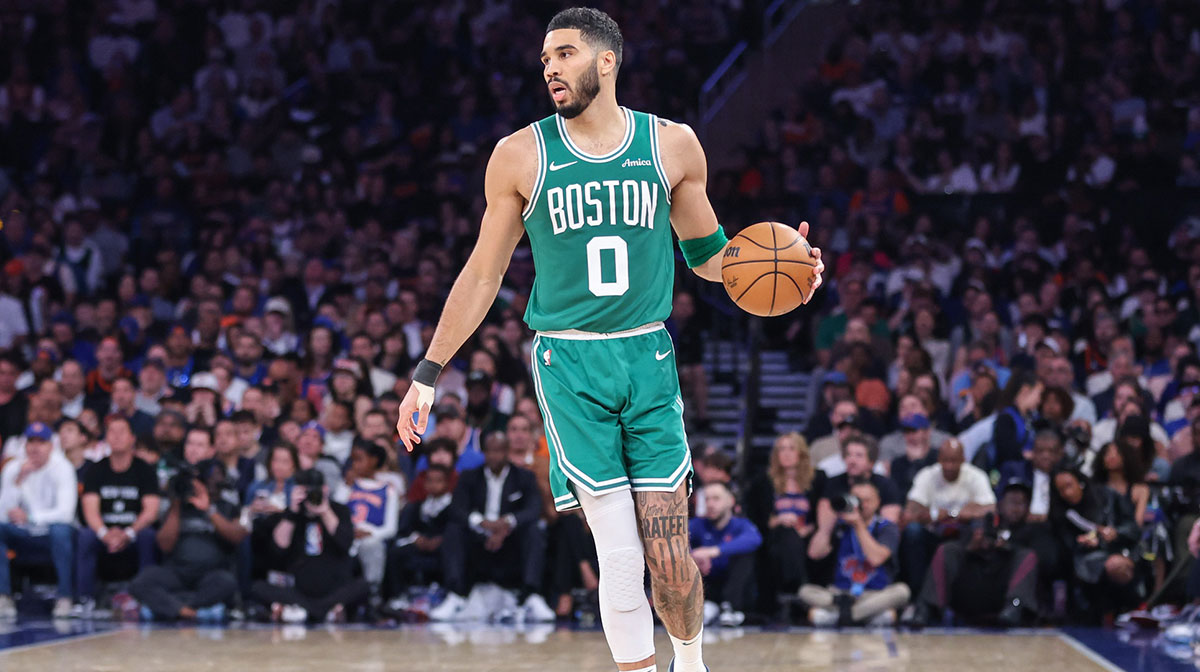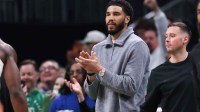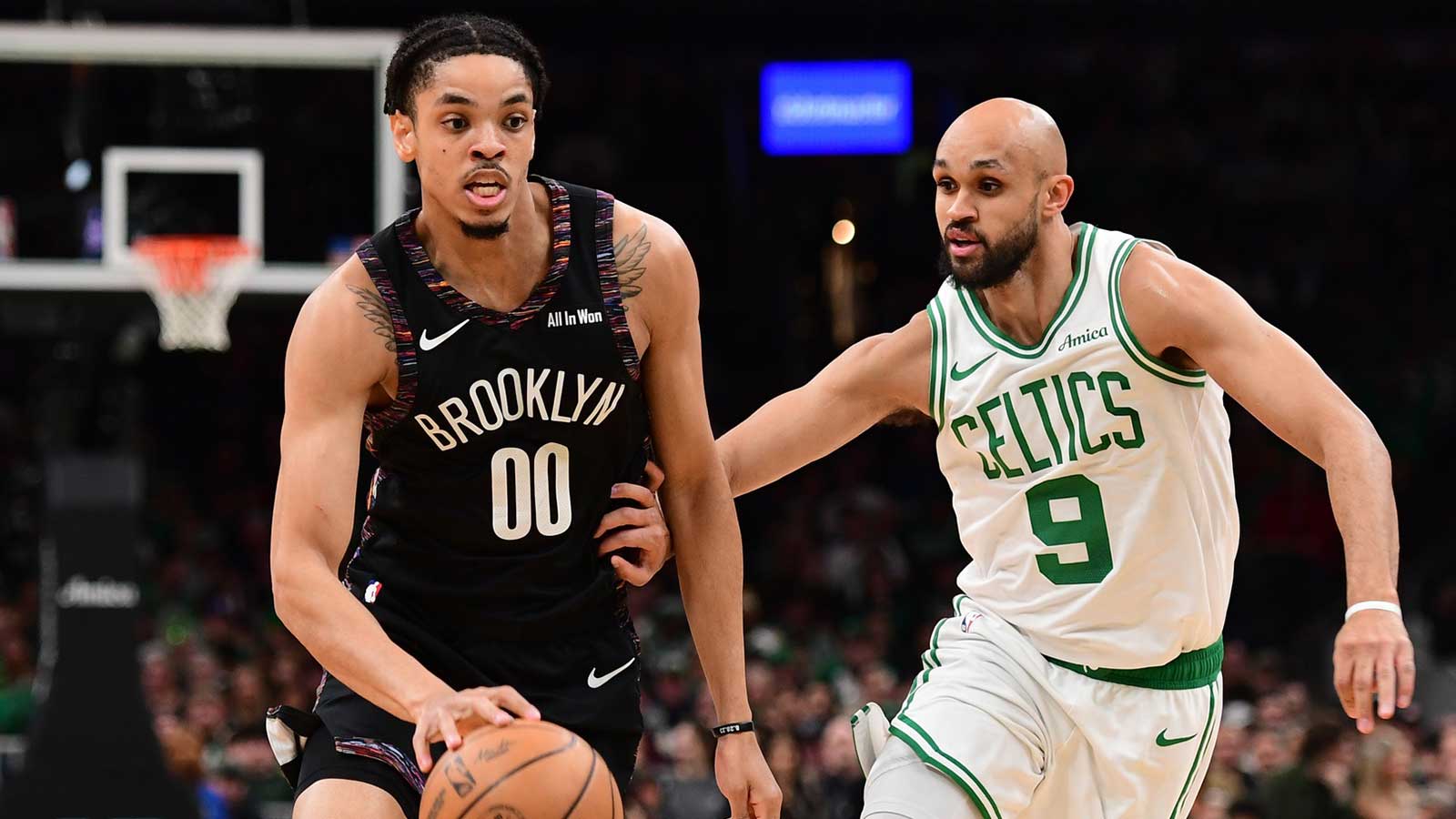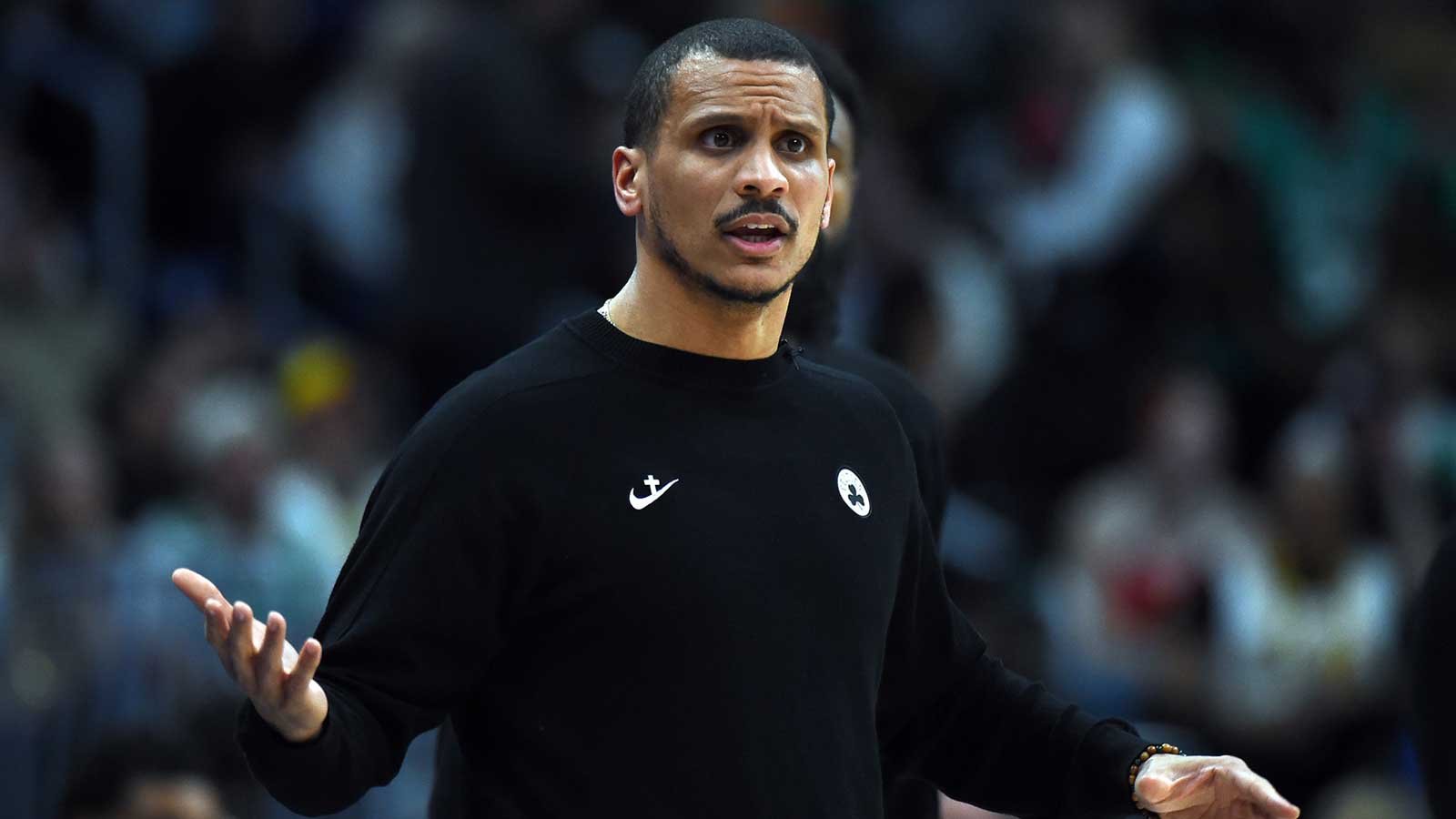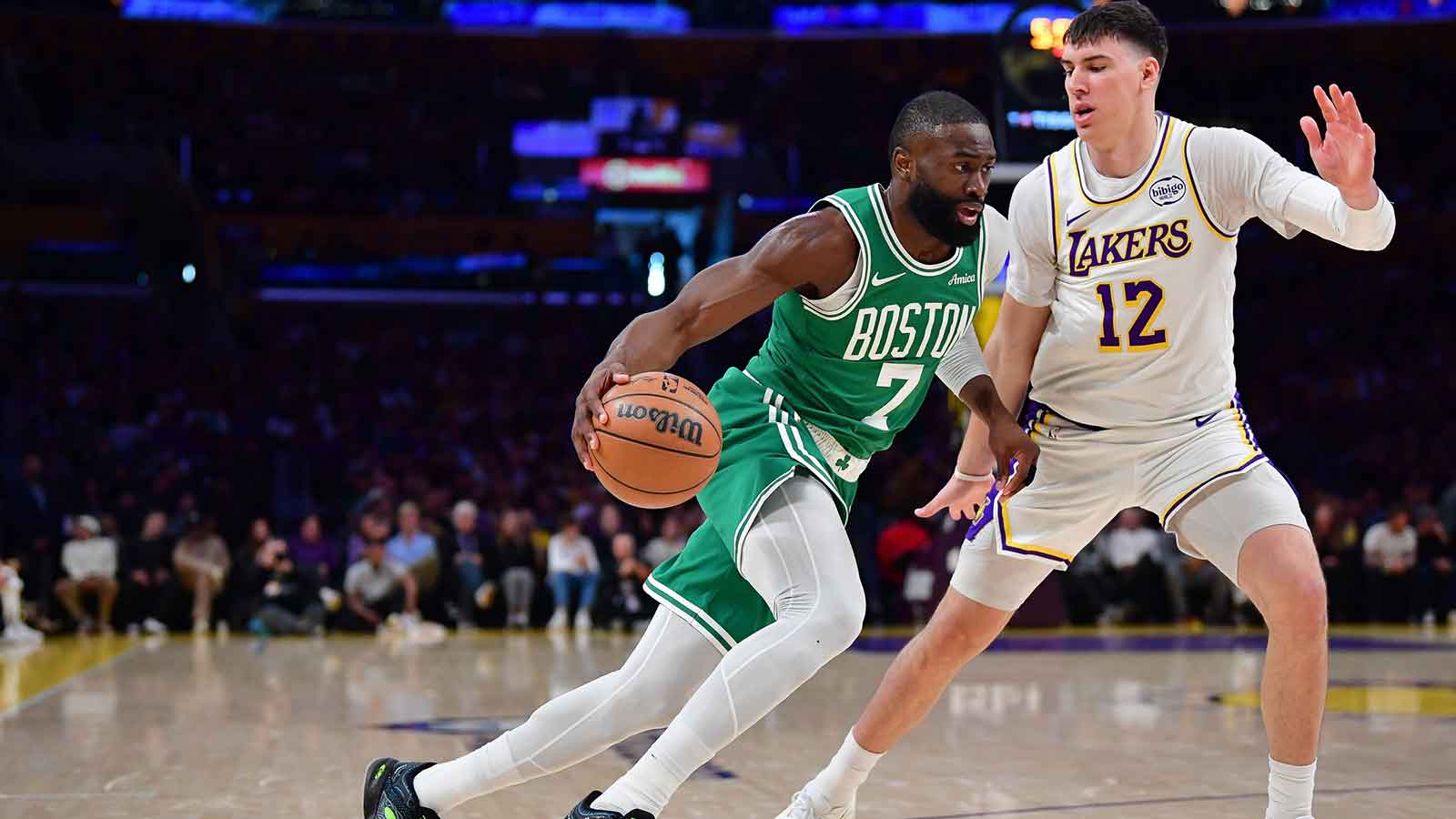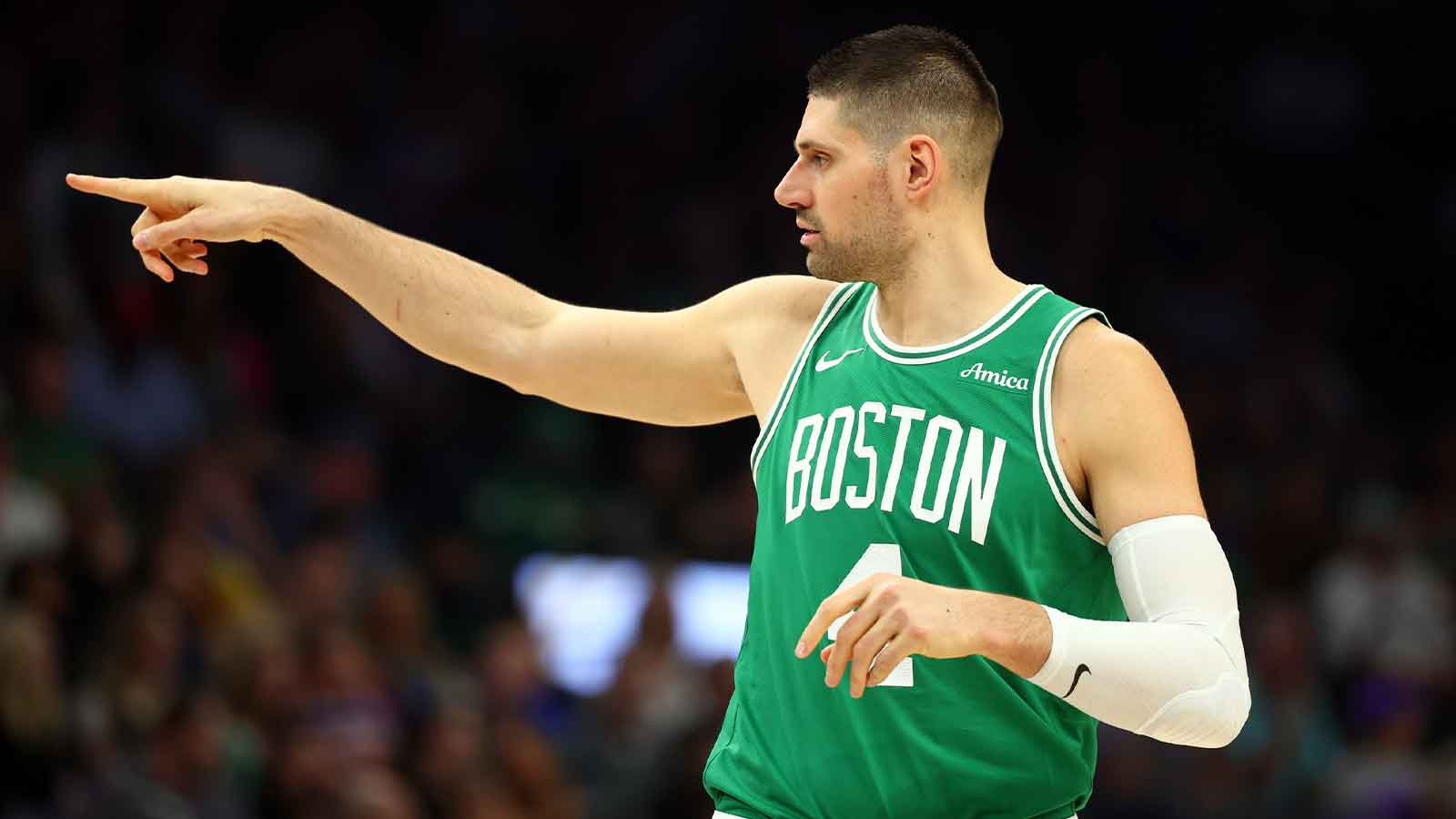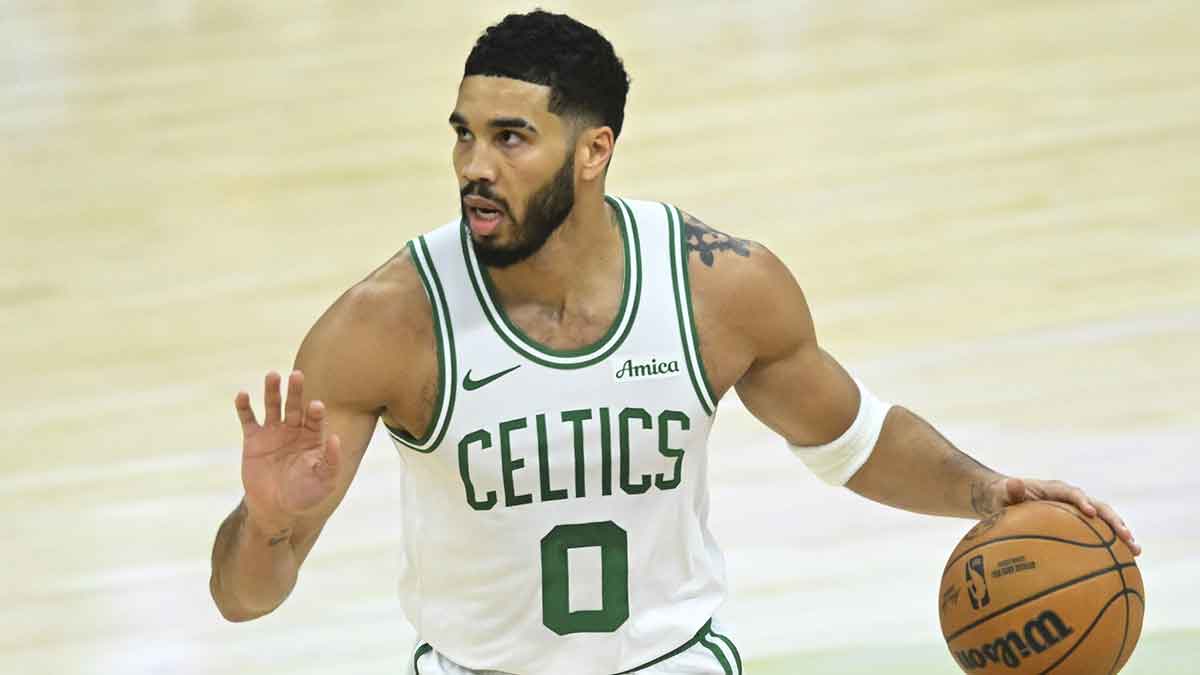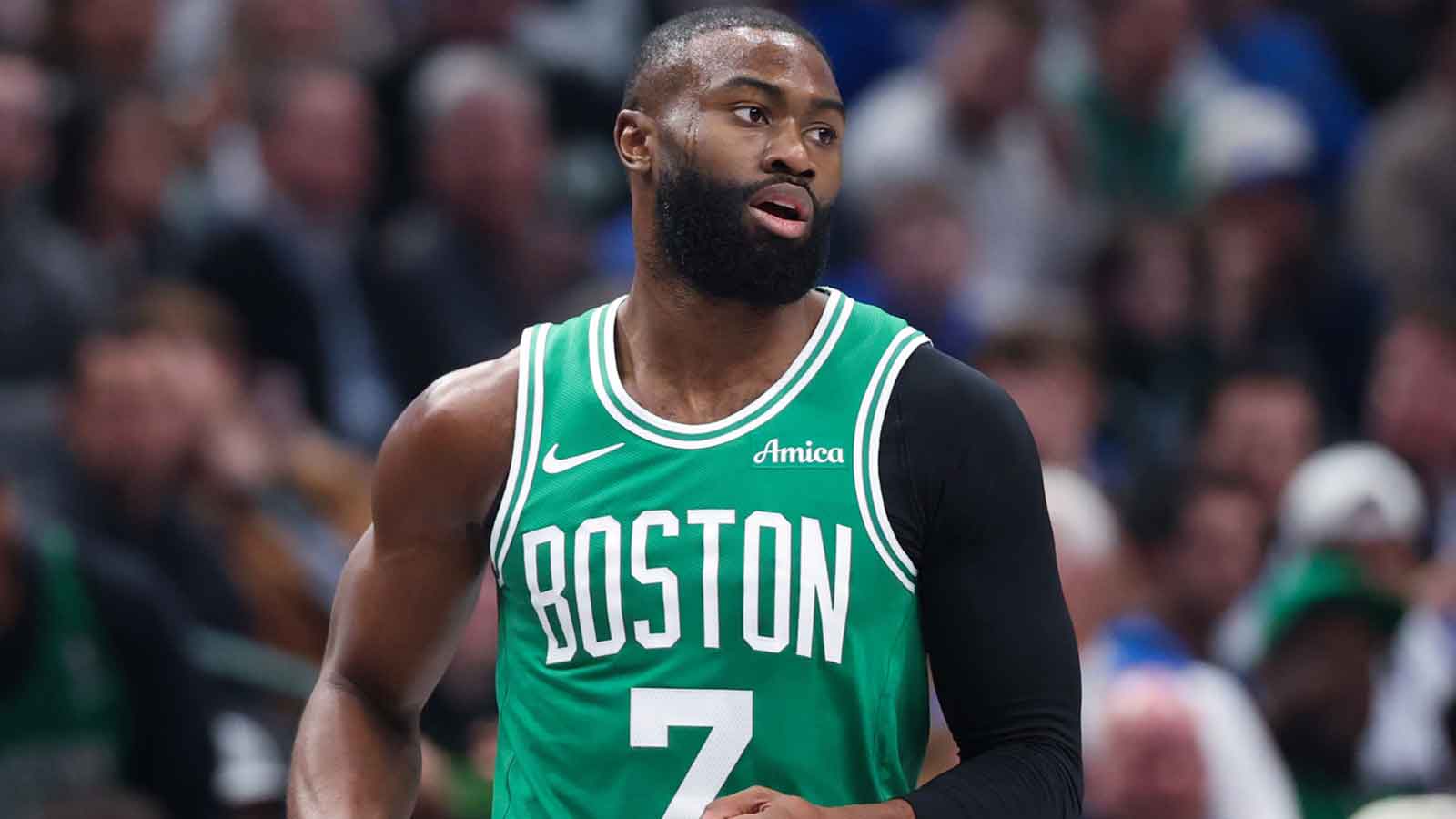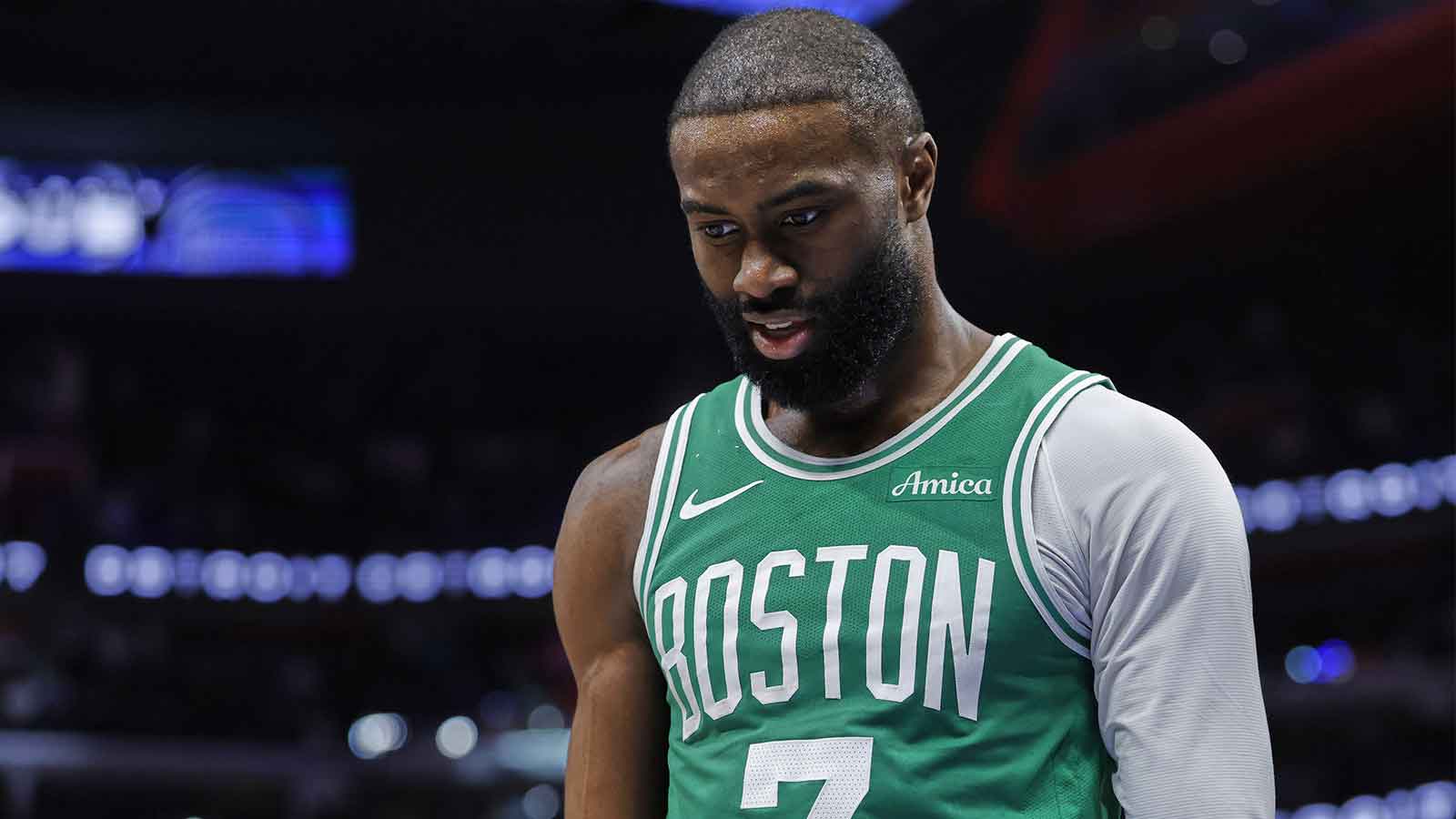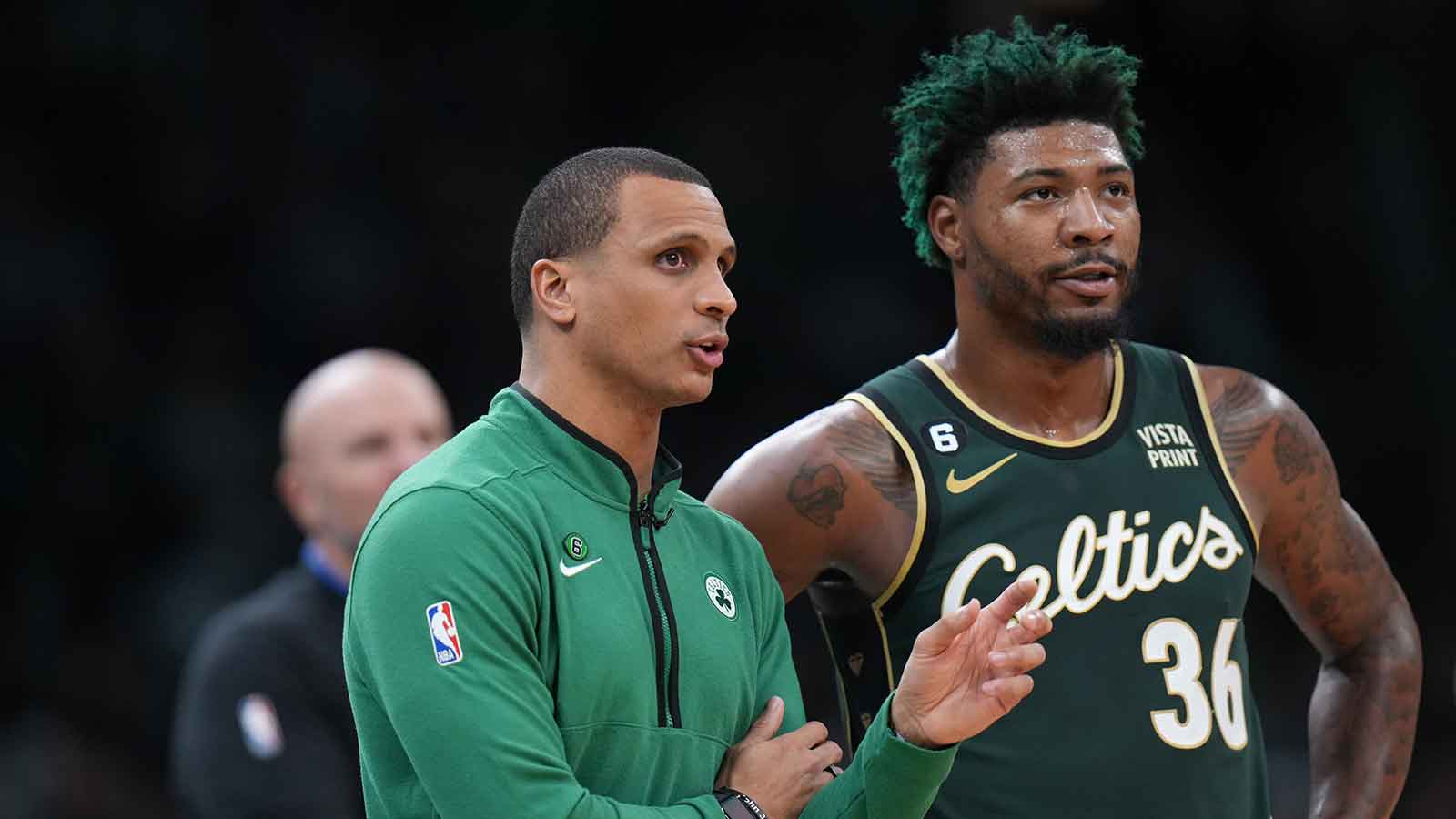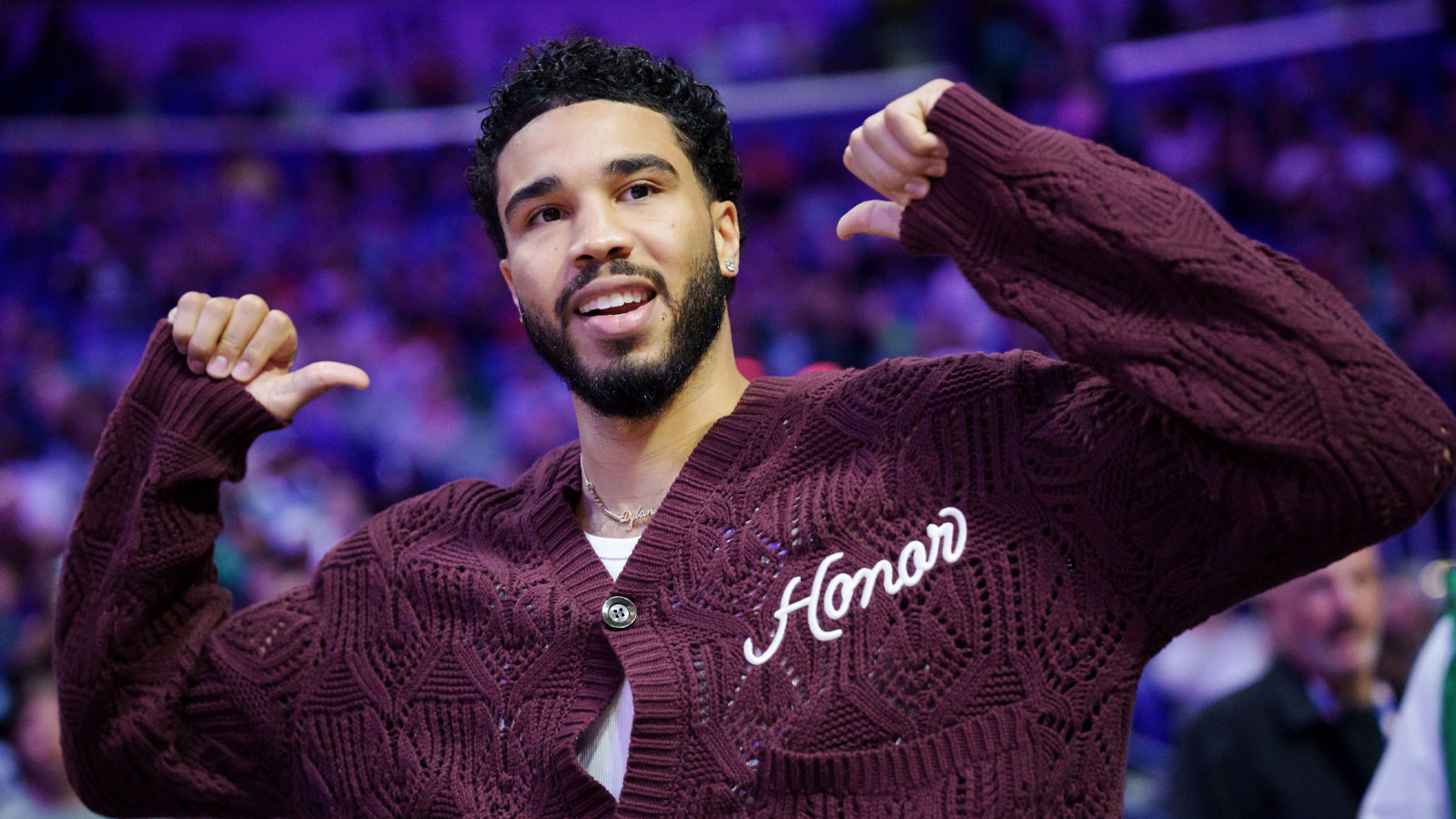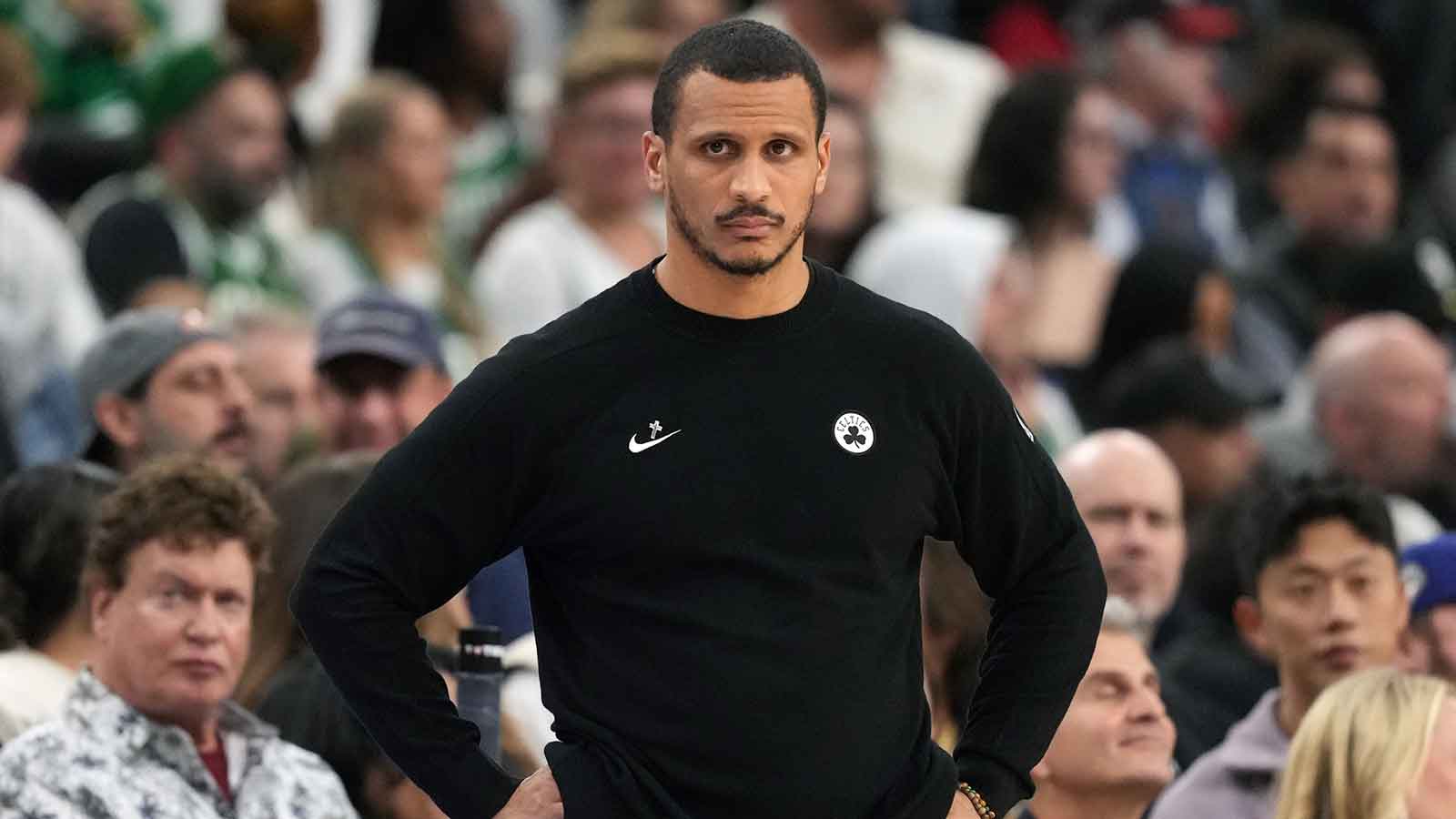Former NBA awards voter Michelle Beadle recently explained why she stepped away from casting ballots for end-of-season honors, citing Boston Celtics forward Jayson Tatum’s contract implications as a pivotal moment in her decision. Speaking on the latest episode of Run It Back on FanDuel TV, Beadle acknowledged the discomfort of being placed in a position where her vote could directly influence a player’s financial future.
“The money thing is weird and I used to have a vote in this… it always made me very, very uncomfortable,” Beadle said.
She pointed specifically to the year when Tatum was eligible for a significant contract boost based on his All-NBA selection.
“It was the year [that] Tatum was up for something and I was like, it shouldn’t be Michelle Beadle’s place to affect millions and millions of dollars for a man that I don’t know,” she continued. “So, you kinda gotta do the right thing there and in this case Cade Cunningham and Evan Mobley will make an extra $45 million.”
Tatum secured a five-year, $315 million contract extension in the summer of 2024 after earning All-NBA First Team honors during the 2022–23 season. That recognition made him eligible for a supermax contract under the NBA’s Designated Veteran Player Extension rule. The deal followed Boston’s championship run in 2024, where Tatum played a central role in leading the Celtics to their first title since 2008. Prior to that extension, Tatum was on a five-year, $195 million deal signed in November 2020, which he earned after making his first All-Star team and helping the Celtics reach the Eastern Conference Finals during the 2019–20 season.
Jayson Tatum can credit Michelle Beadle for a few of the millions in his $314M supermax contract extension 👀💰
…sending her a ‘thank you’ gift seems like the least he could do 😂 pic.twitter.com/M9uCShg73q
— Run It Back (@RunItBackFDTV) May 27, 2025
Jayson Tatum’s contract highlights growing debate over media voting’s impact on player earnings
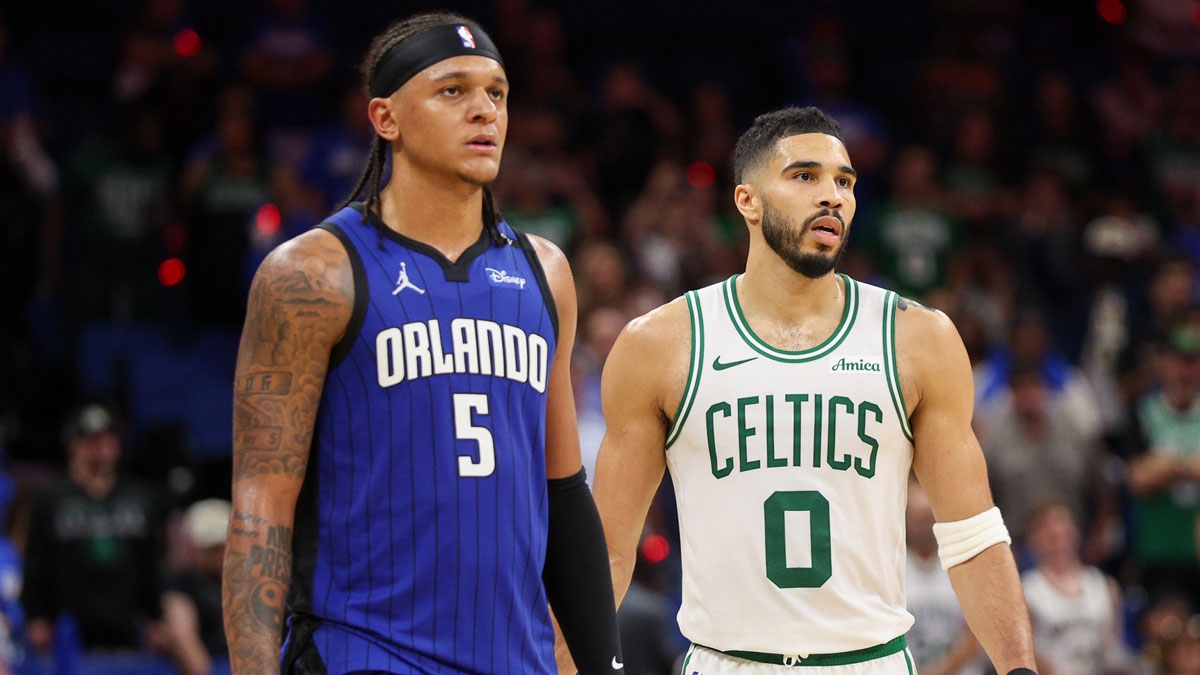
Beadle’s remarks come as the impact of media voting on player salaries continues to stir conversation. Under the league’s current collective bargaining agreement, selections to All-NBA teams, Most Valuable Player, Defensive Player of the Year, and other league honors can determine whether players qualify for lucrative contract escalators and supermax eligibility.
In this year’s awards cycle, Detroit Pistons guard Cade Cunningham and Cleveland Cavaliers forward Evan Mobley are the latest players to benefit from such accolades. Both earned All-NBA selections for the first time in their careers, with Mobley making the Second Team and Cunningham landing on the Third Team. Their new designations reportedly make them eligible for approximately $45 million in additional earnings.
Tatum’s contract remains one of the most high-profile examples of how award voting can directly impact a player's financial trajectory. His five-year, $315 million deal was the richest in NBA history at the time of signing.
The Celtics star recently completed a season that was cut short by a torn Achilles in Game 4 of the Eastern Conference Semifinals. He is expected to miss most of the 2025–26 campaign. Despite the injury, Tatum remains a foundational piece of Boston’s long-term plans, and a prominent figure in ongoing discussions about the intersection of performance, recognition, and compensation in the modern NBA.

